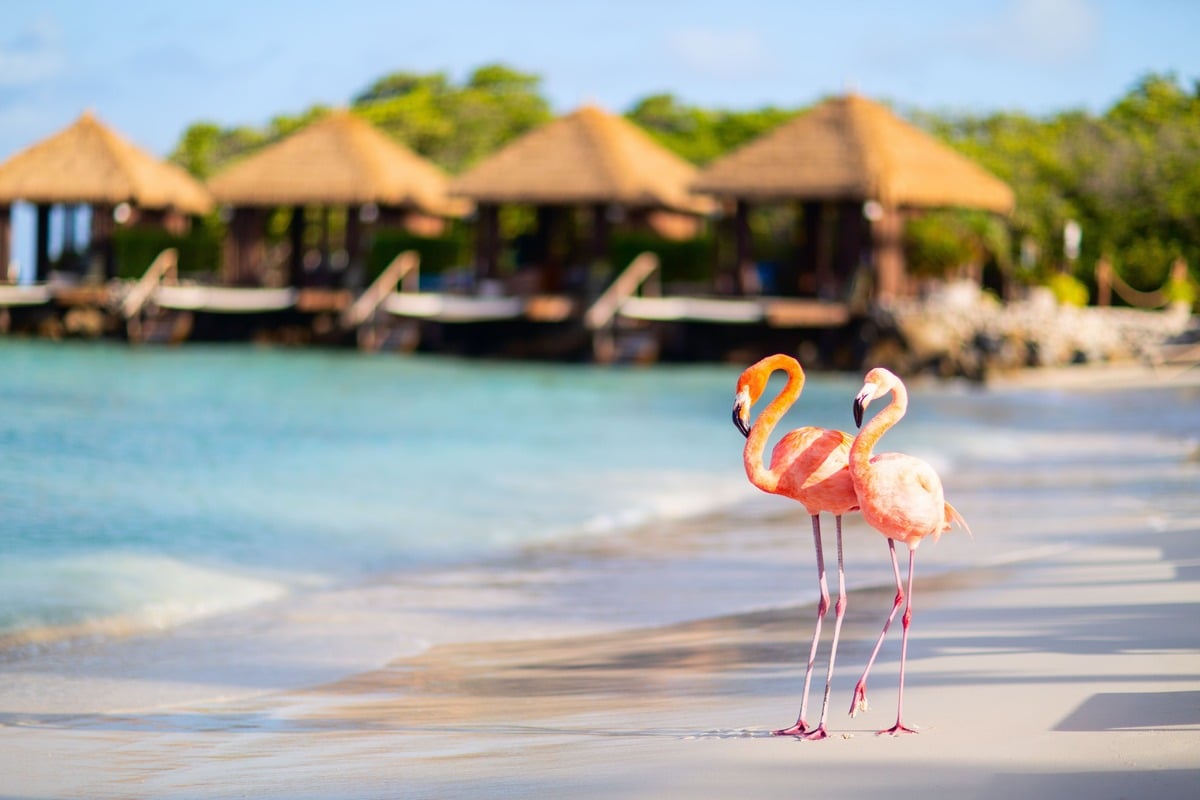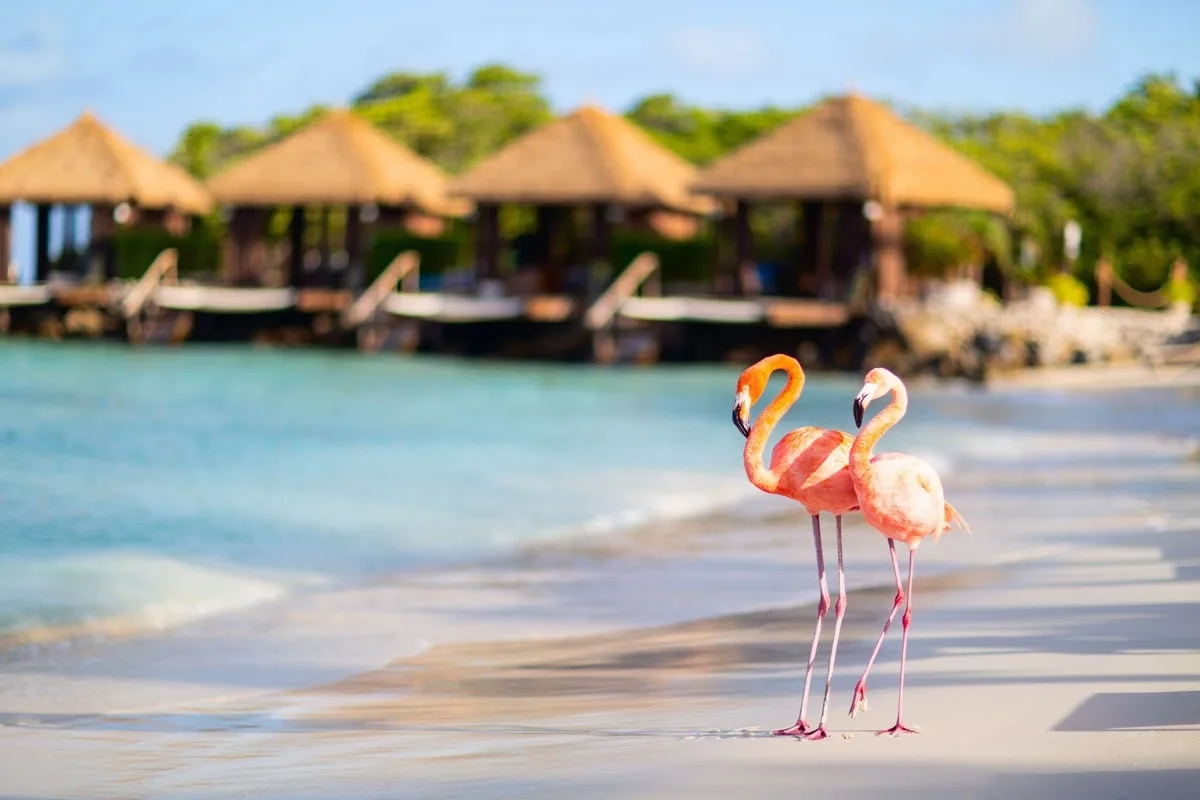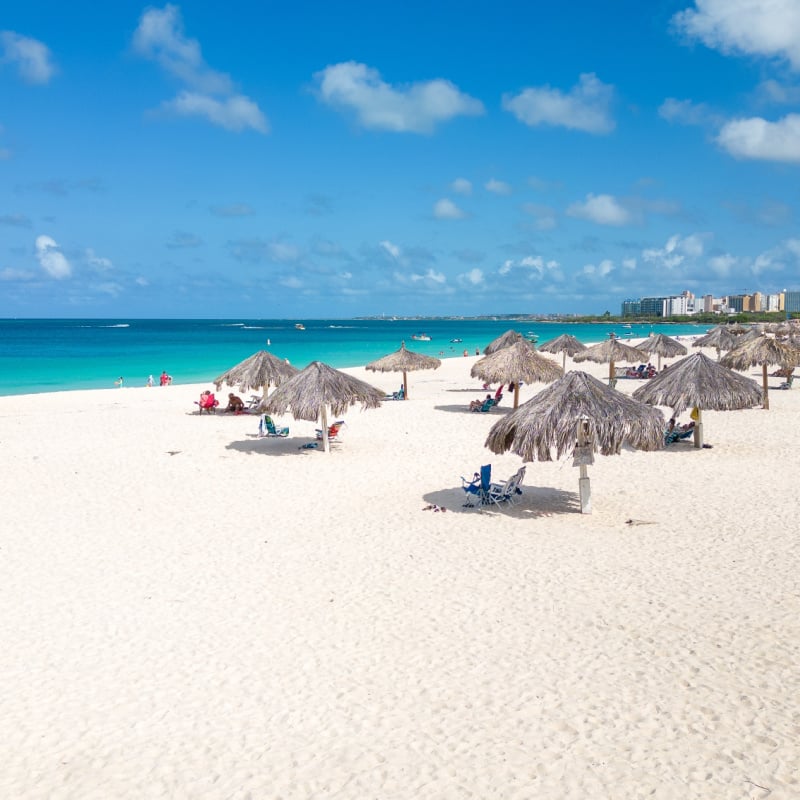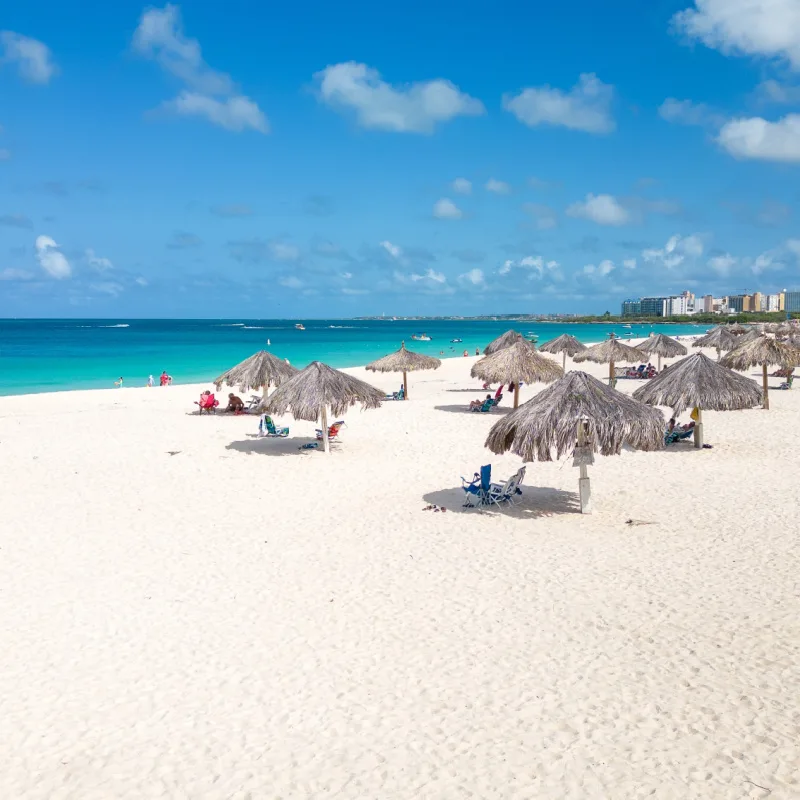Security is a primary concern for Americans flying abroad in the current environment, including the Caribbean.
Provided the state of the world, U.S. vacationers are getting increasingly concerned about their own personal security when taking a trip, and you can’t precisely blame them.
Regardless of where you stand on things, we can all concur there’s a rising anti-American belief bubbling across lots of nations.


< img width ="1200 "height="800 "src ="% 23e3e3e3'/ % 3E % 3C/svg % 3E "alt =" Flamingos On A Beach In Aruba, Dutch Caribbean"data-src= "https://www.traveloffpath.com/wp-content/uploads/2025/08/This-Is-The-Safest-Destination-In-The-Caribbean-According-To-New-Report.jpg.webp "/ > Regardless, there’s this one underrated Caribbean spot where crime levels are close to being minimal,
and that’s not us stating it(though let’s face it, a Travel Off Path seal of approval normally is enough ). It’s a brand name new research study called the Caribbean Island Safety Index, with data put together from travel advisories, such as the United States ‘own Department of State, crime indexes like Numbeo, cyclone danger, and healthcare infrastructure.
Aruba Is The Safest Island In The Caribbean
The safest island in the Caribbean right now is Aruba, a Dutch-administered area best known for its paradisaical white sands, pink flamingo-inhabited beaches, and vibrant colonial architecture.


In the research study, destinations are designated ratings from 0 to 10, with 0 being’worst-performing’, and 10 representing’best’. In the’Advisory’category, Aruba scored an ideal 10, in line with the official U.S. assistance: According to the Department of State,
Aruba is a Level 1 location. For those of you who aren’t knowledgeable about the terminology, the U.S. firm classifies different countries in between Levels 1 and 4, with Level 1 being the outright safest, Level 2 being scheduled for the moderately-safe, Level 3 for the least-safe, and Level 4 including no-go zones.
In their own words, Americans can work out ‘typical preventative measures’ when visiting Aruba as crime levels remain in check.


Why Is Aruba So Safe? Speaking of which, Aruba ratings a near-perfect 9 out of 10 under’Criminal activity’, according to the research study in concern. There are a couple of elements adding to that. For beginners, it is part of the Kingdom of the Netherlands, suggesting citizens are full Dutch residents, and its political stability and law enforcement are unequaled in the Caribbean.
Think about it as an extension of Europe in the Tropics, but perhaps more vibrant and flavorful: just like in the Netherlands, violent criminal offense is exceptionally unusual, and most occurrences refer to petty theft instead of major offenses.
Simply put, as long as you don’t leave items unattended on public beaches, you’ll be just great.


On top of that, the island’s economy relies heavily on tourist, so the Federal government does not play around when it comes to ensuring visitors feel safe, be it through the noticeable police existence in tourist locations, or
the crackdown on illicit activities. No Hurricanes?
Aruba likewise ratings 10 under ‘Cyclone Risk’, indicating this particular natural phenomenon, which typically damages other parts of the Caribbean, typically does not take place here.
You can never rule it out totally, however we can’t think of a single recent hurricane occasion that affected Aruba.
In this regard, location is mostly to thank for: not only does Aruba’s small size make it harder for organized crime to firm roots, however the island’s place far south in the Caribbean, outside the Atlantic hurricane belt, keeps it secured.


On top of that, the majority of hurricanes develop to the east, before moving northwest towards the
main and northern Caribbean, bypassing Aruba completely. It does get the odd heavy rain and strong winds, however it’s not likely to be struck head-on by a hurricane.
Does Aruba Have Great Health Care?
We have actually been banging on about the significance of securing insurance coverage prior to taking a trip because at least the pandemic years, and dangerous pathogens aside, you definitely don’t wish to go anywhere in the Caribbean without being guaranteed.
You never ever understand what might occur on a holiday, whether it’s a mere, unfortunate encounter with a stingray or a freak accident, and across a lot of these islands, services are suboptimal, and scientific centers are sparsely located.


Not in Aruba, though: once again, it’s a really small landmass, at only about 19 miles long and 6 miles wide, and it offers good health care compared to the average Caribbean island. Based upon the Caribbean Island Security Index, it’s an 8 out of 10.
The primary health center, Dr. Horacio E. Oduber (HOH) has about 248 beds, over 20 medical specialties, consisting of neurology, oncology, and extensive care units, and they have the ability to carry out advanced diagnostics (MRI, CT scans, escondopies, and so on).
On top of that, there are a variety of centers spread around the area, making sure residents and visitors alike are looked after in emergency situation circumstances.


< img width =" 800 "height="800"src ="https://www.traveloffpath.com/wp-content/uploads/2023/10/Aruba-Palm-Beach.jpg.webp"alt ="Aruba Palm Beach aerial view"/ > Overall, Aruba ratings 9.3 out of 10, the most out of any Caribbean island listed. The runner-up is Barbados (9.2), followed by Grenada (9.0 ), and the leading 5 is completed with Curaçao, yet another Dutch Caribbean outpost (9.0 ), and Antigua & Barbuda (8.1 ).
If you’re unsure about security standards at your next location, ensure you check out our brand-new TOP Travel Advisory Checker. It’s free to utilize, and it’s got none of the typical fluff you find in main Federal government websites.
< img alt=""src ="https://secure.gravatar.com/avatar/670a9f78091c16bd874672b1cb939f4e22e64fe6c391eb68b0f897b10dbfd49e?s=96&d=mm&r=g"height ="96" width="96"/ > Vinicius Costa Vini, our senior lead writer at Travel Off Path, has more than 60+ countries under his belt (and presently weaving tales from Paris!), and a knack for turning off-the-beaten-path experiences into helpful stories that will have you loading your bags.
The Travel Off Path Benefit: Your Travel Toolkit
